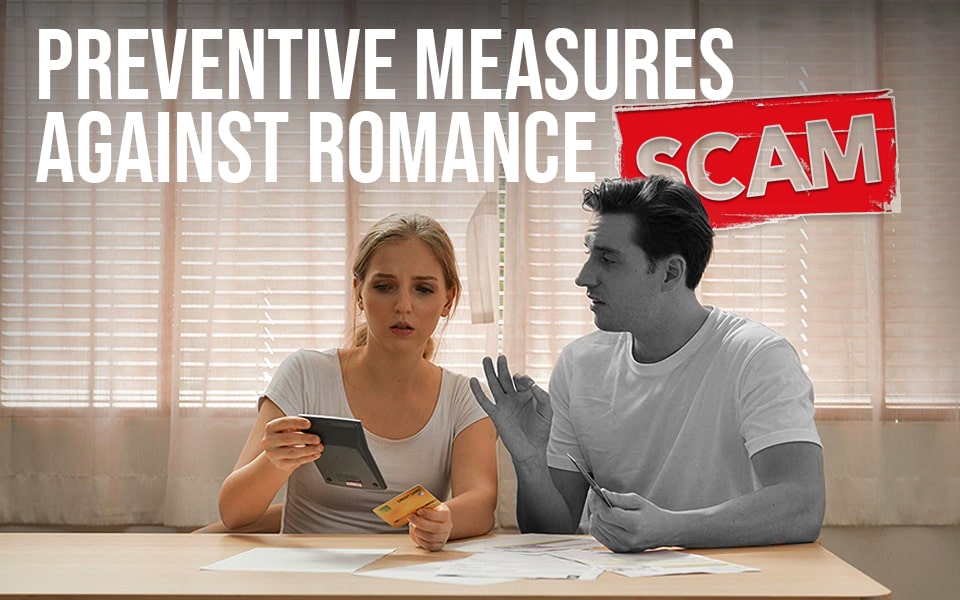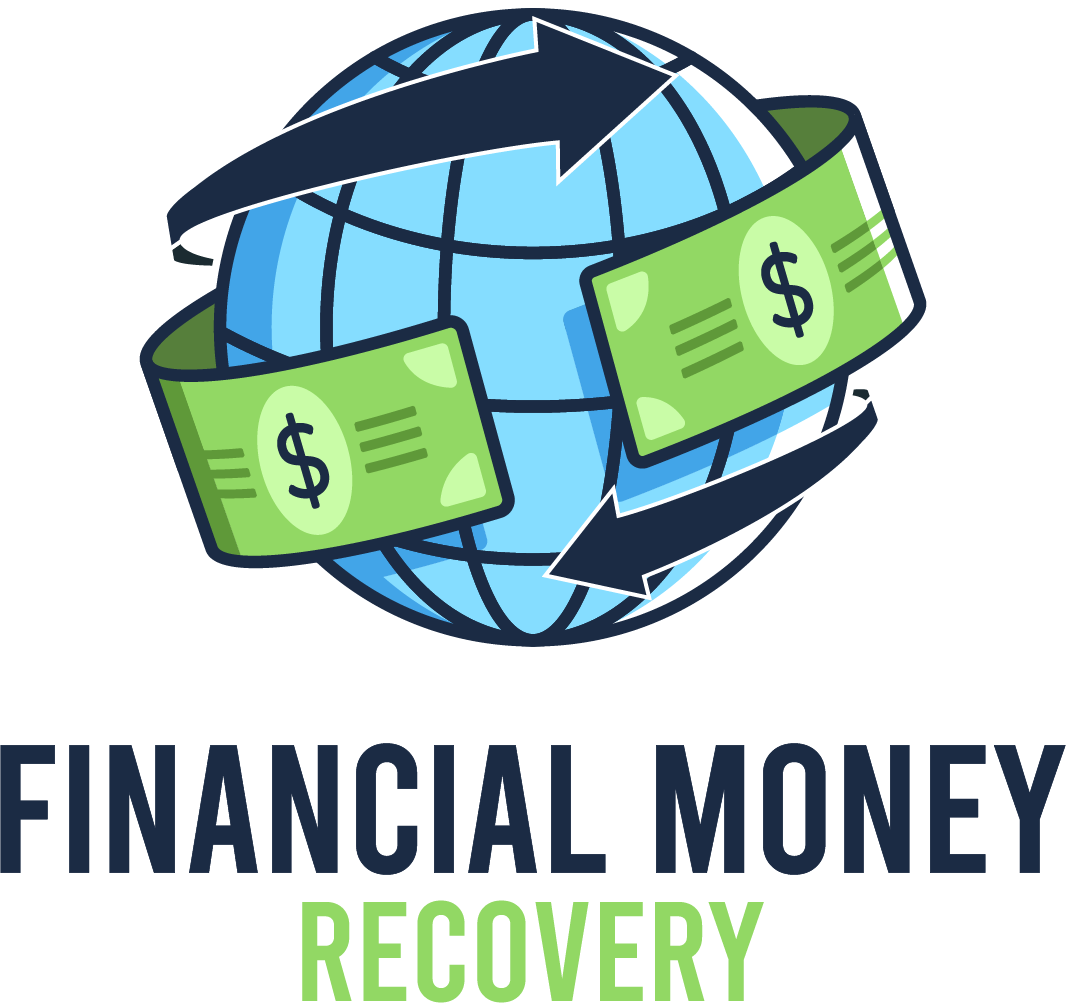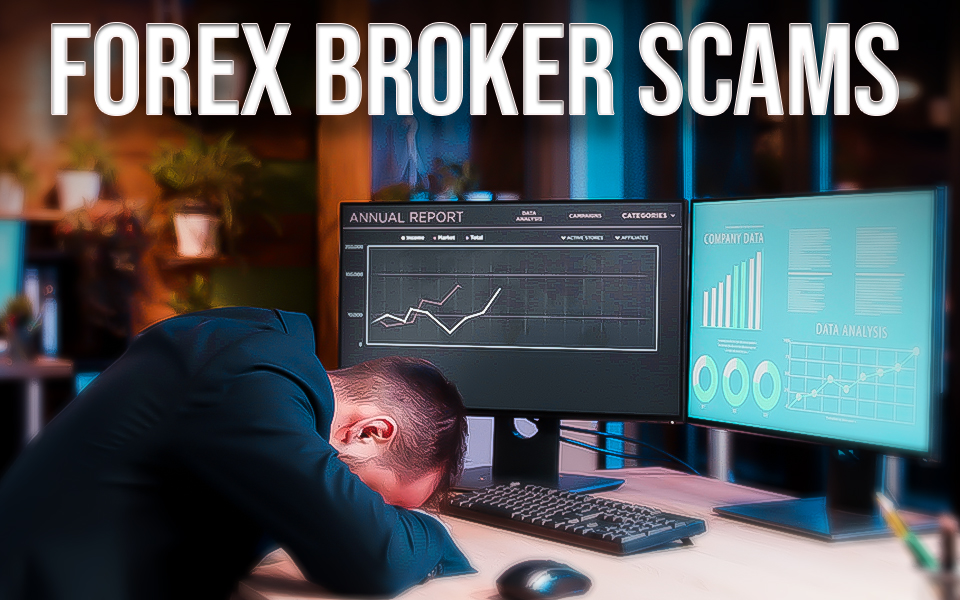



In the vast and ever-evolving world of forex trading, the role of brokers cannot be underestimated. These intermediaries facilitate access to the global currency markets, enabling individuals and institutions to participate in currency exchange and speculation. While the forex market is becoming increasingly regulated, it still remains vulnerable to unscrupulous operators who seek to exploit unsuspecting traders. This article sheds light on the concept of unregulated forex brokers, exploring the risks and pitfalls associated with engaging with Forex broker scams. By understanding the potential dangers, traders can make informed decisions and protect themselves from falling victim to fraudulent practices. Join us as we delve into the realm of unregulated forex brokers and the importance of prioritizing regulatory oversight in the pursuit of a secure and trustworthy trading environment.
While the majority of forex brokers are reputable and trustworthy, it is important to acknowledge that there have been cases where individuals or companies posing as brokers have engaged in fraudulent activities to defraud traders. Dealing with an unregulated or unscrupulous broker significantly increases the risk of your money being stolen or manipulated.
Unregulated brokers operate without oversight from a regulatory authority, which means they are not held to the same standards and regulations as regulated brokers. This lack of regulation creates an environment where fraudulent activities can thrive, as there are no checks and balances in place to ensure fair and ethical behavior. These fraudulent brokers may use various tactics to steal money from unsuspecting traders. They often employ sophisticated schemes to deceive individuals, presenting themselves as legitimate brokers and creating an appearance of trustworthiness. They may advertise attractive trading conditions, promise high returns, or provide false information about their licensing and regulatory status and eventually pull a forex scam.
Engaging in trading activities with unregulated forex brokers entails a multitude of risks and dangers that traders should exercise caution and vigilance towards. The following are key risks associated with trading with unregulated brokers:
Unregulated forex brokers who perpetrate scams operate outside the oversight and regulations imposed by financial authorities. This means that if you encounter any issues or disputes with an unregulated broker, you may have limited or no legal recourse to protect your interests.
Unregulated brokers may not adhere to the same strict guidelines and requirements as regulated brokers when it comes to handling client funds. This raises the risk of mismanagement, fraud, or even the complete loss of your invested capital.
Unregulated brokers may engage in unethical practices such as manipulating prices, executing unfair trades, or misrepresenting financial information. This can lead to significant losses for traders who rely on accurate and transparent market conditions.
Regulated brokers are required to provide transparent information about their operations, trading conditions, and financial status. Unregulated brokers, on the other hand, may lack transparency, making it difficult for traders to assess the broker’s credibility and reliability.
Unregulated brokers may impose unfavorable trading conditions, including high spreads, excessive slippage, or limited access to liquidity providers. These practices can make it challenging for traders to execute trades effectively and profitably.
Unregulated brokers may impose restrictions or delays when it comes to withdrawing funds from your trading account. Some brokers may even refuse to process withdrawals, resulting in traders being unable to access their funds.
Regulated brokers are subject to oversight by financial authorities, which helps ensure they operate in a fair and compliant manner. Unregulated brokers do not have the same level of oversight, increasing the risk of fraudulent activities or non-compliance with industry standards.
Unregulated brokers may not prioritize customer support or provide adequate assistance to their clients. This can be frustrating and detrimental to traders, especially during critical situations or when issues arise with their trading accounts.
Churning refers to a practice where a broker excessively trades securities in a client’s account to generate commissions or fees for themselves, rather than acting in the best interest of the client. It involves making frequent transactions that may not be necessary or suitable for the client’s investment goals or risk tolerance.
Churning is generally considered unethical and illegal in many jurisdictions. It violates securities regulations and the fiduciary duty that brokers have to their clients. Brokers are expected to act in the best interest of their clients and make investment decisions that align with the client’s objectives. Churning can be detrimental to clients because excessive trading often leads to increased transaction costs, such as commissions and fees, which can erode investment returns. Additionally, it may create unnecessary tax liabilities and result in poor investment performance.
Regulatory bodies and self-regulatory organizations, such as the Securities and Exchange Commission (SEC) in the United States, have rules and regulations in place to detect and prevent churning. Clients who suspect churning in their brokerage accounts can report their concerns to the relevant regulatory authorities and may have legal recourse to seek compensation or damages.
When assessing the legitimacy of a Forex broker, there are several key factors you should consider:
If you have got scammed by a fake forex broker and lost your hard earned money contact Financial Options Recovery. Our cyber security experts assist individuals who have lost their investments by conducting thorough investigations, providing legal expertise, preparing documentation and claims. Our recovery experts serve as intermediaries between victims and the relevant entities, such as law enforcement agencies, financial regulators, or banks and handle communication, negotiation, and coordination to increase the chances of a successful recovery. We develop tailored strategies based on the specific circumstances of each case and employ various tactics, including engaging with financial institutions, legal channels to maximize the chances of recovering the funds.
Disadvantages of forex brokers include high fees or commissions and potential for unethical practices like stop hunting and slippage manipulation, impacting profitability and trust between traders and brokers.
Forex brokers charge fees through spreads, which can range from a few pips to several pips per trade, and may also apply commissions per trade depending on the broker and trading conditions.
Some legitimate forex brokers are,
Take control of your financial future and reclaim what’s rightfully yours. Contact Financial Options Recovery today and let us assist you in recovering your funds from forex broker scams.